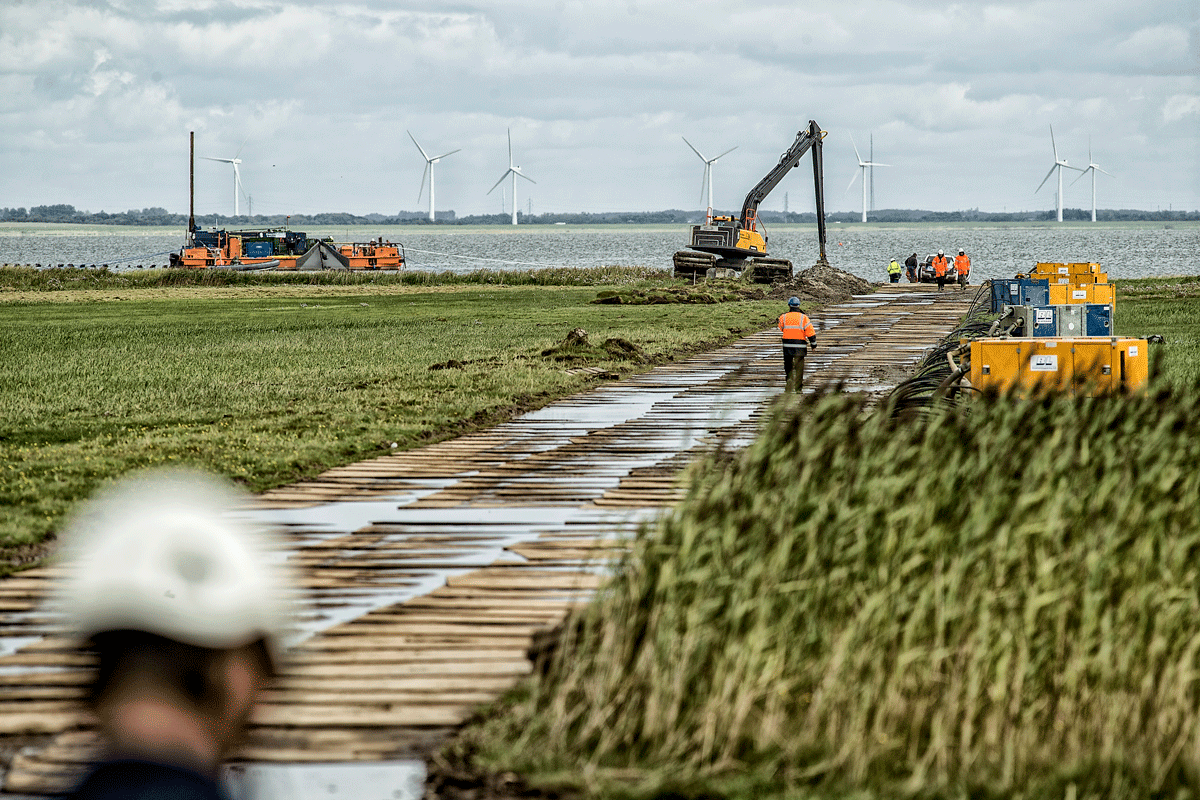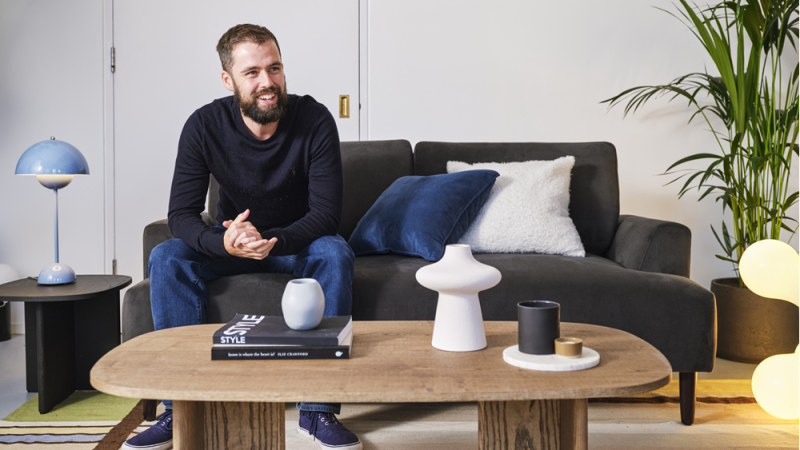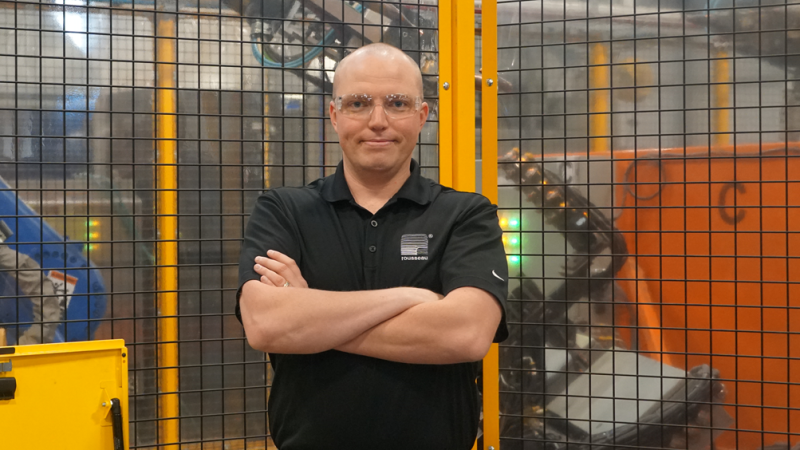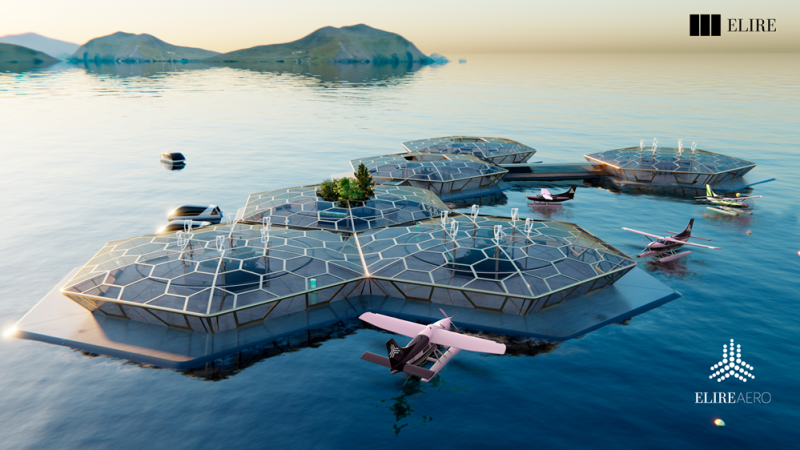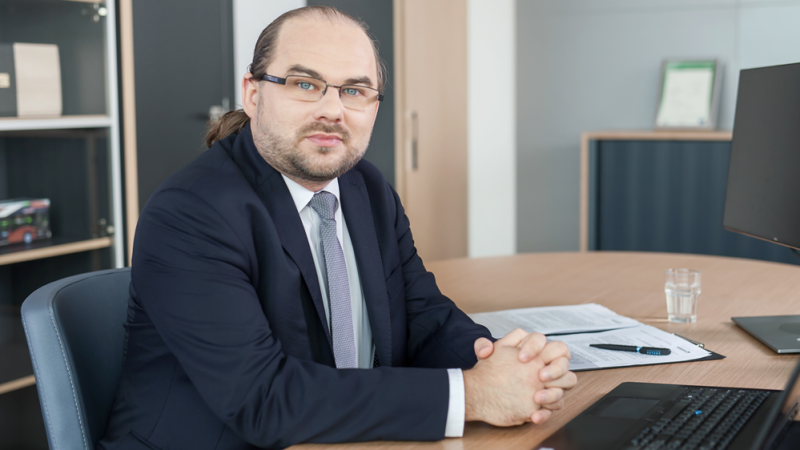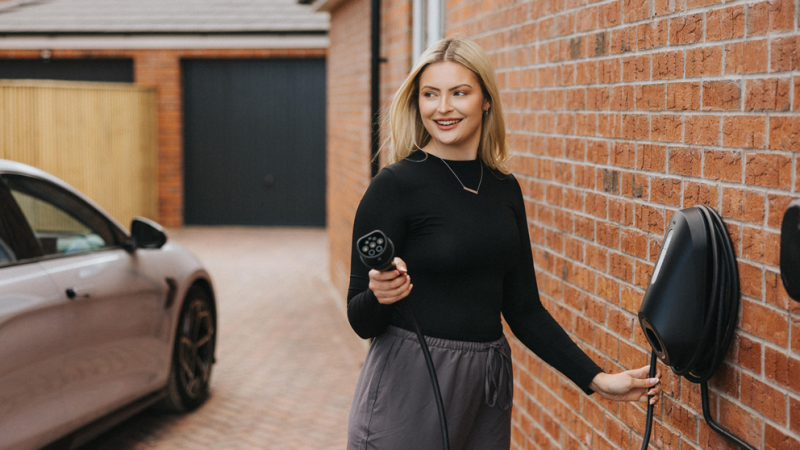Energinet is the Danish national transmission system operator for electricity and natural gas, and owner of two gas storages. It is an independent public enterprise owned by the Danish state under the auspices of the Ministry of Climate, Energy and Utilities.
“We own, operate and develop the transmission systems for electricity and natural gas in Denmark,” says Torben Brabo, Senior Vice President – International Relations, summarising Energinet’s core business. “We move energy to every corner of Denmark and across our borders through more than 900 kilometres of gas pipelines and 7000 kilometres of power lines and cables. Our purpose is to contribute to the socio-economic development of a climate-neutral energy supply – specifically in Europe and on some topics on a global level.”
He explained that the company has been state-owned for almost 20 years, as the Danish government has always been acutely aware that a robust energy infrastructure was key to supporting security of supply as well a means to decarbonise. “I have no doubt that our Danish success comes from a long tradition of broad majority in Parliament agreeing on most energy and climate targets and policies. “
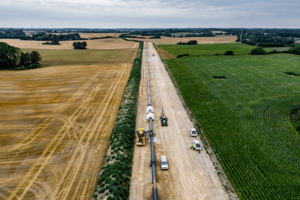 International collaboration
International collaboration
“For the last 40 years, we have enjoyed a really stable political framework, so even when governments have changed, our company objective and purpose have remained the same – to decarbonize our country, but also to provide secure energy services for the whole of society.”
Compared to operators in other countries, Energinet is unique as it is responsible for operating both electricity and gas transmission systems, as well as digital infrastructure in Denmark. However, collaboration and connection with its neighbours and the rest of Europe as well as the world is also a key topic.
“We are connected physically to seven neighbouring countries. We are very active in Europe through the agreed processes; and we collaborate with 21 countries worldwide. Energy transition is a joint effort, it could never be accomplished by individual countries in isolation. We share experience and knowledge, we learn from others, so that together we can move on.”
Torben Brabo is the right man in the right place, as he has been involved with the energy sector from his school days. He entered university just as climate and sustainability were becoming emerging themes. “In Energinet, I have been involved in complex jobs across multiple sectors and multiple countries, a challenge that I have thoroughly enjoyed,” he says.
Cross-border projects that he has been involved in include the recent Baltic Pipe Project, a huge €3 billion investment in the natural gas pipeline from Norway to Poland across Denmark, opened in October last year, just at a time when Europe needed new gas. Brabo is also a Board member in ENTSOG, GIE and Prisma.
Decarbonisation with security & affordability
He points out that in a broad sense, significant changes are needed and Denmark, as a rich country, can afford to push these changes forward. “Our DNA includes the trilemma of security of supply, decarbonisation and affordability. For the last decade, we have been driven mainly by decarbonisation. But that is now changing.”
“As a result of the changes during the last two years, triggered by the war in Ukraine, security of supply has now matched de-carbonisation in terms of priority. For us, these are two sides of the same coin; it’s about having the production of energy within Europe or within Denmark, while keeping focus on the renewables.” Substantial progress in this direction has been made, including massive subsidies from the EU and Member States, keen to accelerate the move towards green sources.
“The acceleration continues and has also forced Energinet to move its 2040 targets for infrastructure a decade ahead to 2030. More and more renewables need to be transported. We have changed our strategy to deliver on the political targets ensuring a 100% green energy system by 2050, and a 100% green electricity and gas system already by 2030.”
Denmark has been energy self-sufficient for the last 40 years, with fossil fuels today accounting for about one third of the energy mix. Now its supply security comes increasingly from renewables produced nationally.
“Our main focus is to prepare a change for Danish society. To this end, we are investing in our infrastructures, focusing on creating value for other parties as well. Energinet’s recent investment programme, announced in summer 2023, envisages €6 billion spent on infrastructure over the next four years.”
Speaking about the energy mix development in the near future, Torben Brabo says that while gas currently accounts for a larger share in terms of terawatts transported, electricity production and consumption is expected to quadruple in the next decade, while gas demand will reduce by around 50%.
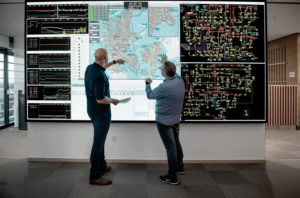 Adapting to change, to move forward
Adapting to change, to move forward
“One of our key focuses is sector coupling. How can we increase the speed of transition, how can we achieve even higher decarbonisation by pushing the electricity and gas sectors together? How can we use the capacity flexibly for one system to assist more in the other sectors? How we can use the extra capacity, including storages, for other fuels such as methanol or ammonia?” he reflects, adding that Energinet may be considered a forerunner in transforming the entire energy system.
Elaborating further on recent developments, Brabo compares what happens in energy transformation to what we saw with the Covid-19. “The pressure for change is so big that some countries focus on national solutions. However, it is really important that we proceed together, in a joint effort.”
“To this end, Energinet is engaged on a global scale – some of our biggest efforts in terms of decarbonisation happen in Vietnam, India and China. We can all benefit by sharing our knowledge and experience. Without cooperation, there will be less welfare for all.”
The cooperative and supportive approach is also applied internally and Torben Brabo affirms that Energinet fully supports staff diversity. “We welcome foreign employees, this year alone we are adding 25% new employees to our work force. Diversity is much needed – it promotes innovation, fresh thinking, new ideas.”
“With changes happening faster and faster, it is necessary to have an open mind, to learn continuously, to accept uncertainty. Only with an open mind can we achieve the energy transition against an increased level of uncertainty.”
